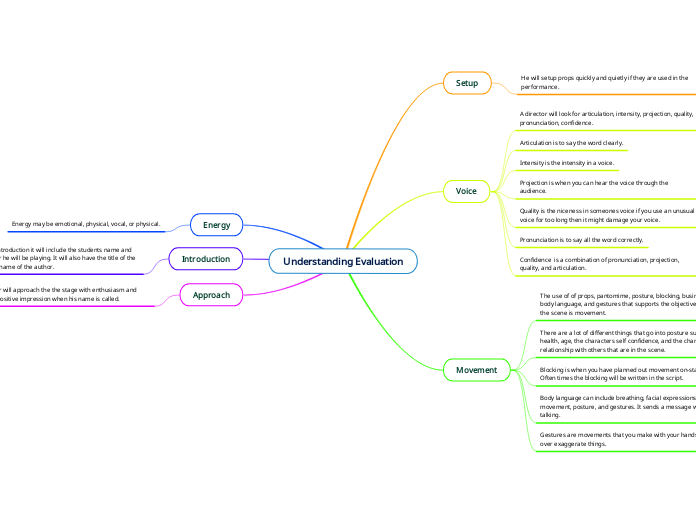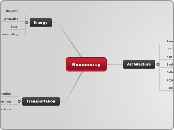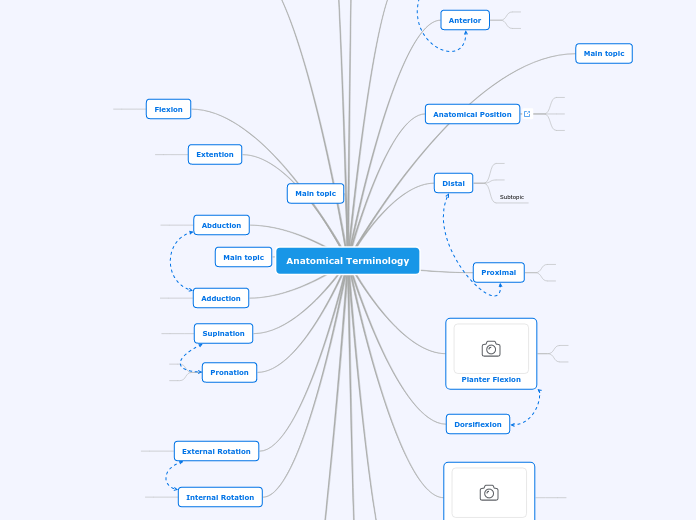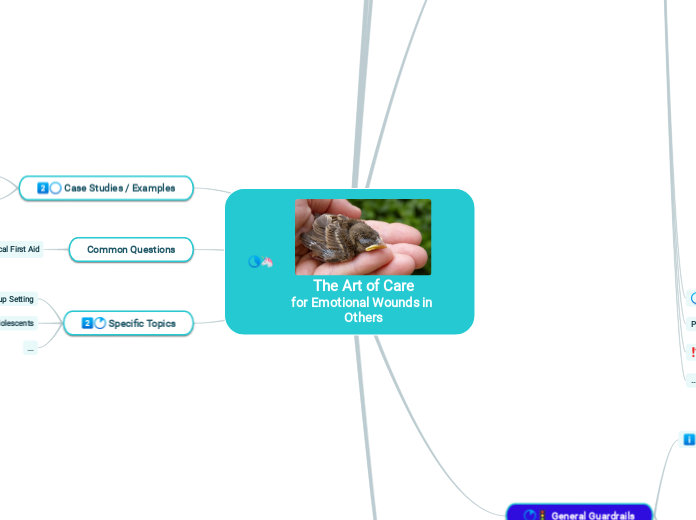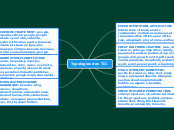af Sylvia Moorhem 3 år siden
201
Understanding Evaluation
A successful performance involves several critical elements, including preparation, energy, and vocal quality. An actor must efficiently set up the stage and props while ensuring minimal disruption.
